We are revolutionizing our standards system
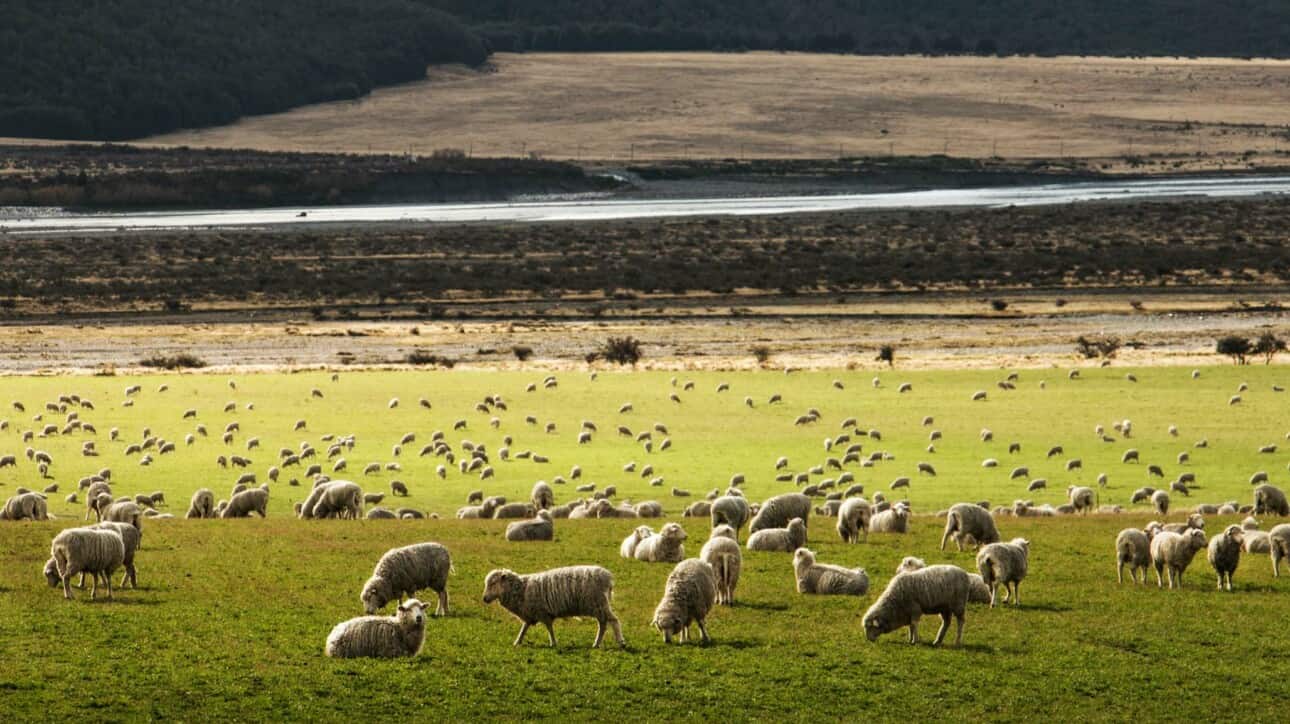
In 2021, we began a sweeping revision of our standards framework with the aim of developing a harmonized system that incorporates outcomes aligned with our climate and nature strategy. Known as “the unified standard” during its development, the Materials Matter Standard was released with its official name for its pilot testing version. Bringing our standards under this framework will let us track and communicate progress more efficiently and effectively across all of the fibers and materials in the scope of our certification system, while increasing the value for participants. You can learn more about the development of the Materials Matter Standard in our project plan.
DOWNLOAD
Explore the pilot criteria
Following invaluable feedback from stakeholders, the Materials Matter Standard Pilot Version V1.0 was released publicly on June 4, 2024. This version will be used for pilot testing the feasibility of the criteria in the field and is not effective, meaning it is not possible for companies to get certified to this version.
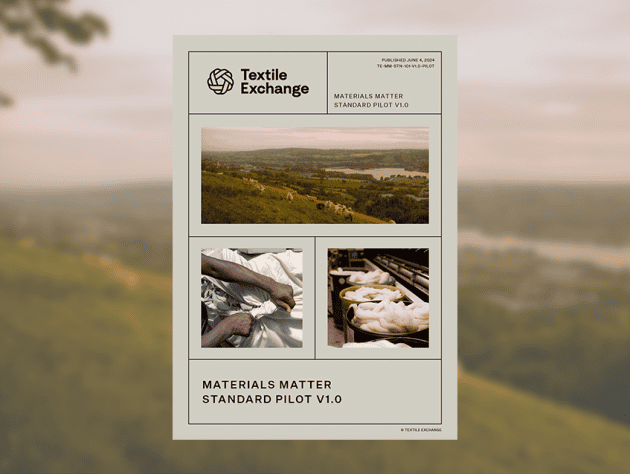
HOW IT WORKS
Moving towards a more inclusive, outcome-focused system

Scope
Our focus area is fiber and material production
Certified materials will be tracked through the supply chain with our pre-existing chain of custody standard, the Content Claim Standard (CCS). While the CCS continues to provide the mechanism for tracking and handling of the certified inputs through to the finished product, the Materials Matter Standard impact criteria focus on raw material production and initial processing.
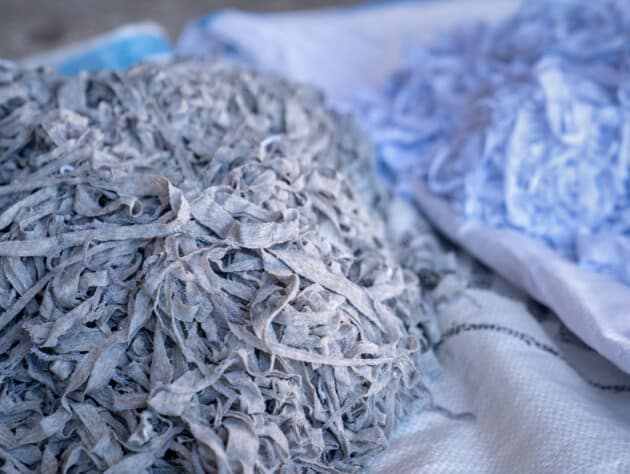
Development
We make decisions in collaboration with interested and impacted stakeholders
Alongside our own procedures for standard setting, accreditation, and certification, we also follow the ISEAL Codes of Good Practice. Our standards team is leading the revision process, with help from the International Working Group (IWG), which reviews, discusses, and guides decision-making. Previous IWGs have been established for single standards, but with this transition we are working with one IWG to review all the related fibers and materials in scope for the Materials Matter Standard, while connecting to smaller subject matter expert groups that inform its members.
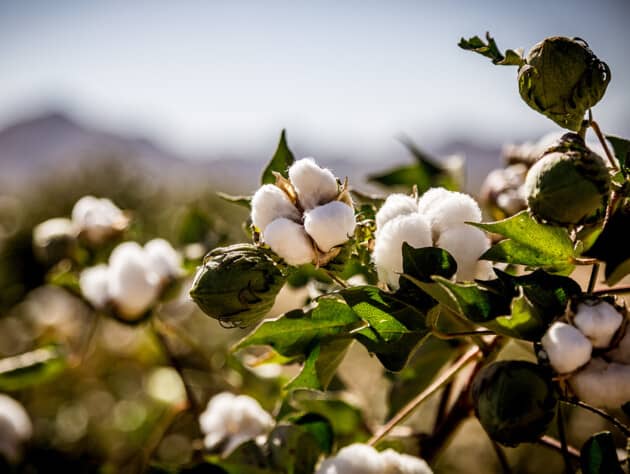
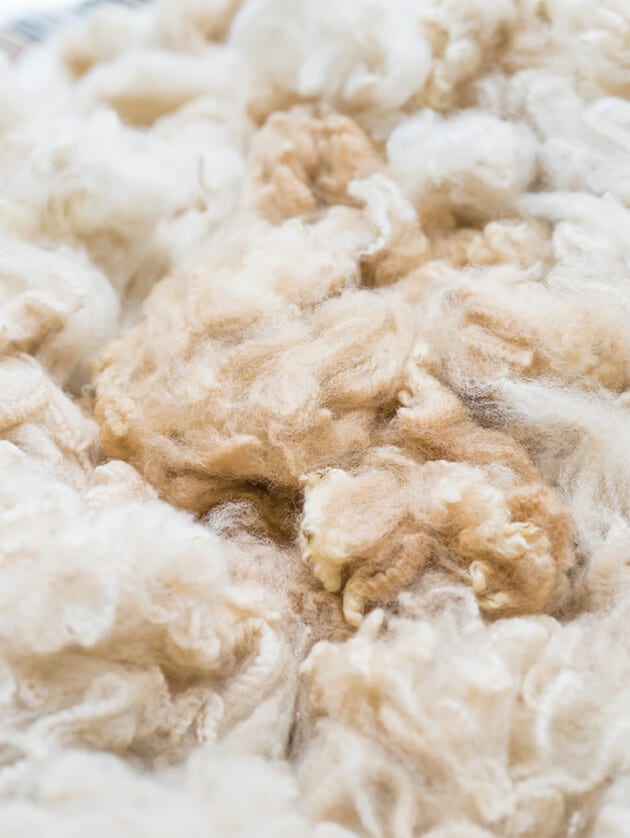
International Working Group
IWG members
The International Working Group (IWG0 is the group of stakeholders actively engaged in the development or revision of a standard. IWG members are approved by a designated review committee. All IWG members are required to sign a charter (IWG charter) Indicating their commitment to the goals of the standard and the time need to be engaged in the process. Together with the Textile Exchange secretariat, the IWG reviews, discusses, and guides decision-making on how to incorporate scope topic areas in the standard. The IWG approves the draft versions of the standard before they are ready for public consultation as well as the final standard before it is published.
Representation is limited to no more than 24 members that bring the following knowledge and perspectives.
Geography
EMEA – Europe, Middle East, and Africa
Americas – South, Central, and North America
APAC – Asia Pacific/Oceania
Industry
Raw material producers including farms
Supply chain companies
Brands and retailers
Certification bodies
Civil society
Climate
Soil health
Biodiversity
Water resources
Animal welfare
Human rights
Communities and smallholders
All International Working Group members
Andean Pastoral Livelihood Initiative (APLI)
Aquafil S.p.A.
Bureau Veritas CPS
Inditex, S.A.
Control Union Certification
Donglong Home Textile Co., Ltd.
Eastman Chemical Company
FILASUR S.A.
FOUR PAWS
ISKO
GEETANJALI WOOLLENS PVT LTD
Kathmandu
Lenzing
LVMH
Patagonia Inc.
Soil Health Institute
TAL Apparel Ltd.
The Schneider Group
The North Face
USB Certification
Verité, Inc.
* It is important to note that IWG membership does not signify that each organization fully agrees on decisions taken for the final content in the standard. IWG membership is intentionally designed to bring different perspectives together for open discussion and therefore is likely to result in diverse opinions. Decisions are first taken by consensus but may move to vote when consensus is not reached. As the entity ultimately responsible for the standard, Textile Exchange reserves the right to make final decisions regarding standard content and shall publicly disclose any decisions, including reasoning, that differ from the quorum of the IWG.